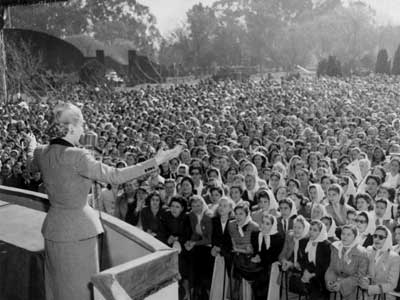Life is the longest journey a person will ever take. In the Epilogue of When Heaven and Earth Changed Places, Le Ly tells an anecdote about two young boys. One boy takes the other's arm. Years later, the boy without the arm attacks his enemy's family. When the boys meet once more, they are given the opportunity to take one another's lives, but rather they forgive each other and move on "to hear the song of enlightenment." Le Ly describes in the epilogue of her book her hopes for the future. She has lived through war and continues to see the fighting within those around her. Her hope, though, is that someday all will see peace. She discusses her purpose for writting the book: to pass on her ancestry, to tell the story of the peasants, and to share her experiences in life, many of which most people will never know of. Most importantly she shares her discovery of life's purpose: to grow.
Le Ly's epilogue reminds me of the book, Tuesdays with Morrie, by Mitch Albom. In this powerful book, Mitch Albom recounts the stories and experiences he shared with a man named Morrie.Every Tuesday, Mitch Albom would visit Morrie, his old college proffessor, and be "taught" about life as Mitch slowly dieded.Mitch Albom captured these lessons in his book inspiring people around the world. People were so moved by Morrie and Mitch Albom's journey that movies, telivision stations, and plays have been performed to continue this emotional story.


No matter where life's journey takes you never forget the lessons you have learned.
The end.


